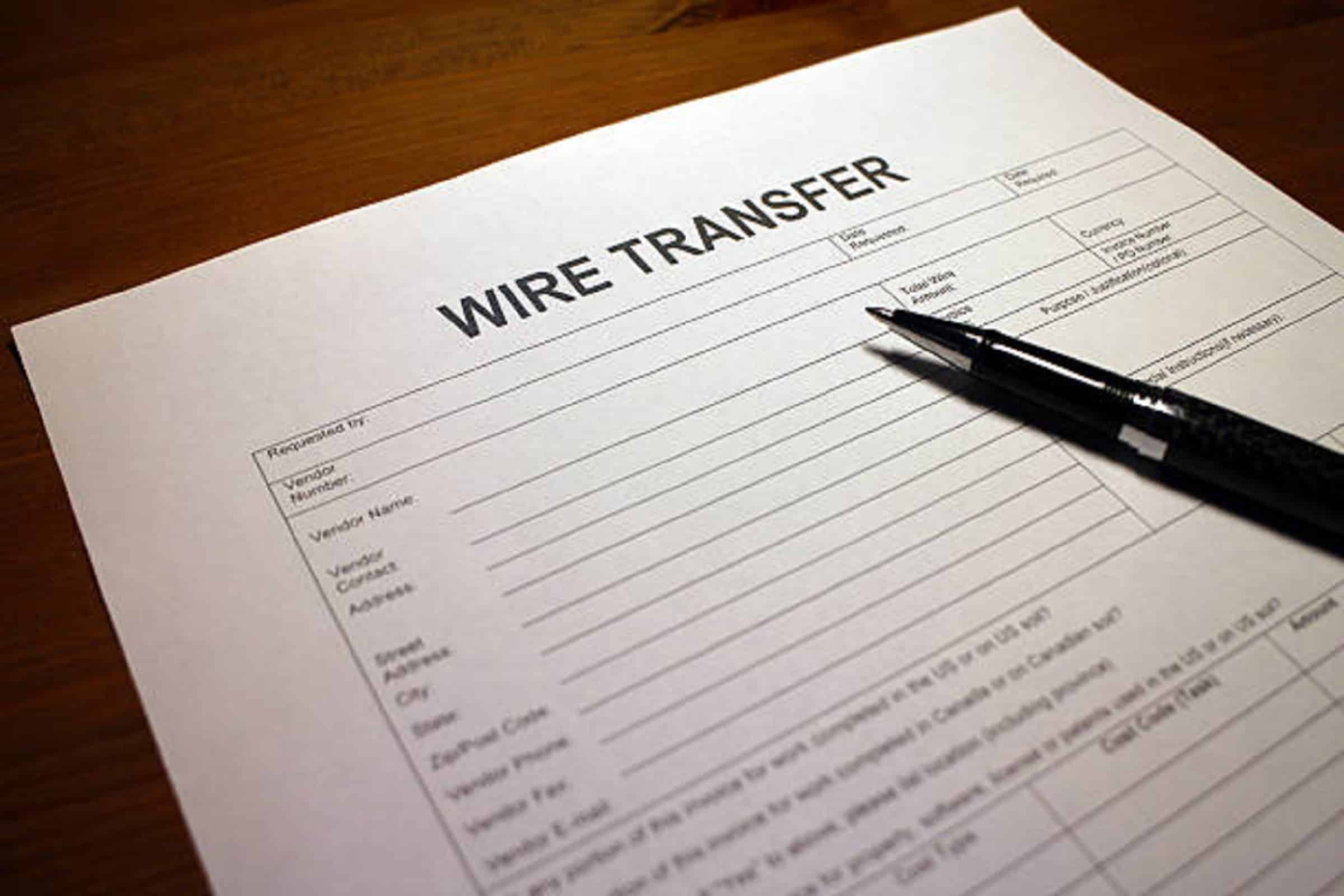When you need to transfer money—whether to a person or a business—you have several options at your disposal. Two commonly used methods are wire transfers and money orders. Both serve as reliable ways to send funds, but they differ significantly in cost, speed, security, and usage.
In this article, we’ll explore the key differences between wire transfers and money orders, helping you decide which method is best suited to your needs in the UK. Whether you’re sending a significant sum abroad or making a guaranteed payment locally, understanding these payment methods will ensure your money gets to the right place securely and efficiently.
What Is a Wire Transfer?
A wire transfer is an electronic payment method that sends money from one financial institution to another, either domestically or internationally. These transfers are typically used for larger sums and when speed is essential. Wire transfers are processed with specific details, including:
- The recipient’s name and address
- Their bank account details (e.g., account number and sort code)
- IBAN (for international transactions)
- The bank’s SWIFT/BIC code
Wire transfers are a type of electronic funds transfer (EFT), but unlike other EFTs such as direct debits or standing orders, wire transfers are processed individually and often faster. They are also more expensive, making them better suited for significant, time-sensitive transactions.
What Is a Money Order?
A money order is a prepaid form of payment issued as a paper cheque. Unlike personal cheques, funds are guaranteed because the money is paid upfront. In the UK, money orders can be purchased from banks, building societies, or the Post Office. They are often used when:
- The recipient prefers a guaranteed form of payment.
- The payer doesn’t have a bank account.
- The sender wishes to avoid sharing sensitive banking information.
Money orders are ideal for smaller transactions or for sending payments by post when bank transfers aren’t feasible.
Send and Receive Money Internationally in the UK with Remitly.
Get started with our free mobile app.
Download
Wire Transfers vs Money Orders
Both wire transfers and money orders have pros and cons. Let’s explore the key differences to help you choose the best option.
Cost
- Wire Transfers: Fees vary but typically range from £10 to £30 for domestic transfers. International transfers incur higher fees and may include a marked-up exchange rate.
- Money Orders: The cost of a money order in the UK is usually a small fee, often under £10. Post Offices and banks may charge slightly different amounts.
Speed of Receipt
- Wire Transfers: Transfers are sent electronically and can arrive within minutes or hours for domestic payments. International transfers might take 1–3 business days.
- Money Orders: These need to be purchased in person and either delivered directly or sent via post, which can take days. Once received, the recipient must deposit or cash the money order.
Transaction Limits
- Wire Transfers: Limits vary by bank but often exceed £100,000, particularly for business accounts.
- Money Orders: Typically limited to smaller sums, often no more than £250 in the UK.
Security
- Wire Transfers: Generally secure, but fraud risks exist if scammers manipulate the transaction process. Once sent, a wire transfer is challenging to reverse.
- Money Orders: Safer than personal cheques as they don’t include sensitive banking details. However, they can be intercepted or cancelled before being cashed.
Availability
- Wire Transfers: Available through banks, building societies, and some online platforms.
- Money Orders: Can be purchased from a range of outlets, including banks, building societies, and Post Offices, making them more accessible outside banking hours.
FAQs
What’s the best way to send money internationally?
For larger sums or urgent transfers, wire transfers are typically best, despite the higher fees. For smaller sums, consider a digital money transfer service with low fees and competitive exchange rates.
Are money orders still used in the UK?
Yes, money orders (or postal orders) remain in use, especially for individuals without access to online banking or for payments requiring guaranteed funds.
Can I cancel a wire transfer?
Wire transfers are difficult to cancel once processed. It’s crucial to double-check all recipient details before initiating the transfer.
Where can I purchase a money order in the UK?
You can buy money orders from banks, building societies, or the Post Office.
